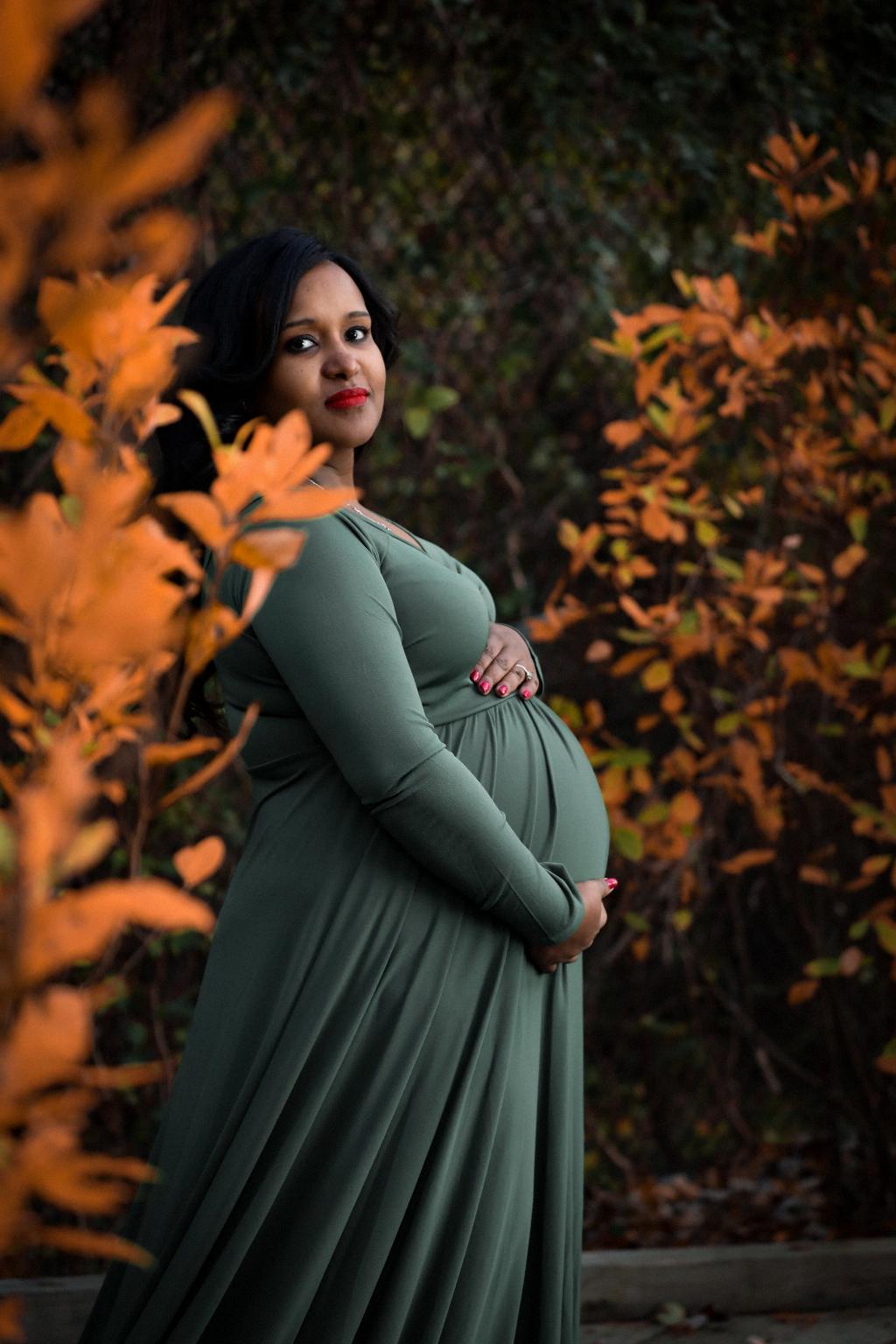When it comes to managing allergies during pregnancy, many women wonder about the safety of taking certain medications, including loratadine. Loratadine is a commonly used antihistamine that helps relieve allergy symptoms such as sneezing, itching, watery eyes, and runny nose. However, there are concerns about the use of loratadine during pregnancy, particularly in the first trimester.
As mentioned earlier, the first 12 weeks of pregnancy are crucial for the development of the baby’s body and internal organs. During this period, the baby is most susceptible to the potential harmful effects of medications, which could interfere with normal development and lead to birth defects. While there is no concrete evidence linking loratadine specifically to birth defects, the general caution around taking medications during early pregnancy applies to loratadine as well.
The safety of medications during pregnancy is often based on the potential risks versus benefits. In the case of loratadine, healthcare providers may advise against its use during pregnancy unless the benefits outweigh the potential risks. This cautious approach is aimed at protecting the health and well-being of both the mother and the developing baby.
Studies on the use of loratadine during pregnancy are limited, and much of the available information is based on animal studies or anecdotal evidence. While there may not be definitive proof of harm from taking loratadine during pregnancy, the lack of comprehensive studies raises concerns about its safety and potential impact on the developing fetus.
One of the main reasons why loratadine is not recommended during pregnancy is the uncertainty surrounding its effects on fetal development. Because every pregnancy is unique and factors such as individual health conditions and other medications being taken can influence the risks, it is crucial to consult with a healthcare provider before using loratadine or any other medication during pregnancy.
When it comes to managing allergy symptoms during pregnancy, non-pharmacological approaches such as avoiding allergens, using saline nasal sprays, and practicing relaxation techniques may be recommended as safer alternatives to medication. However, in cases where the allergy symptoms are severe and significantly impact the mother’s quality of life, healthcare providers may explore other treatment options with lower potential risks.
It is important to remember that the decision to use or avoid medications during pregnancy should be made in consultation with a healthcare provider who can provide personalized guidance based on the individual’s medical history, the specific circumstances of the pregnancy, and the latest evidence-based guidelines.
While loratadine is generally considered safe to use in non-pregnant individuals for managing allergy symptoms, its safety during pregnancy remains a topic of debate and caution. As research on the effects of loratadine during pregnancy continues to evolve, healthcare providers will continue to assess the risks and benefits of its use in pregnant women.
In conclusion, while the use of loratadine during pregnancy is not definitively linked to birth defects or adverse outcomes, the potential risks associated with its use during the critical period of fetal development warrant caution. Pregnant women are advised to seek guidance from healthcare providers to make informed decisions about managing allergy symptoms and ensuring the well-being of both themselves and their unborn child.

